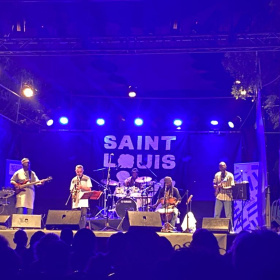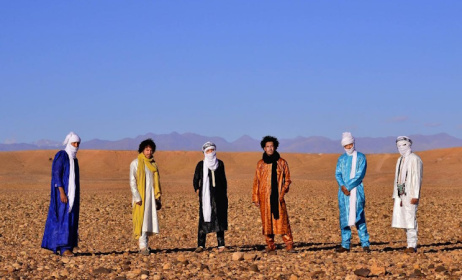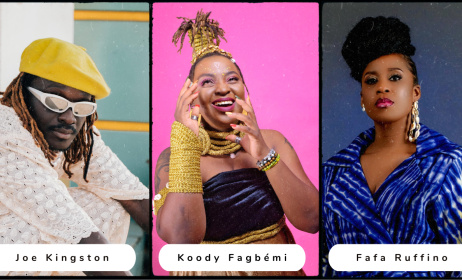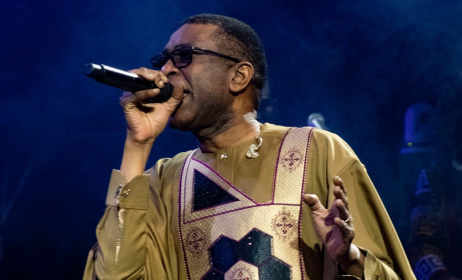Champion of jazz music's African origin passes on
The American jazz pianist and composer Randy Weston passed on 1 September.
 Jazz act Randy Weston has passed on aged 92.
Jazz act Randy Weston has passed on aged 92.
“Randy passed quite peacefully at age 92 (no lingering illness/injury/accident) this morning at his home in Brooklyn,” reads a statement on his website.
Weston famously insisted on the African origins of jazz music when scholarship on the genre was hesitant on the subject. Today it is widely acknowledged that jazz has origins in the musical tradition brought to the western hemisphere by slaves from West Africa and around the Congo River.
“More than any other musician, composer, or bandleader of his generation, Weston is responsible for fusing modern jazz and African music, giving birth to an entirely new musical genre,” said the historian Robin DG Kelley.
Weston was well-respected throughout his life and often deployed elements of African music – including call-and-response techniques in his music. His sound continued to change in over six decades of making music. Among his friends as a young man included Miles Davis and Max Roach.
His interest in “African rhythms”, which was also the name of his autobiography, led him to study the music of Thelonious Monk from Monk himself. He later praised the revered jazz pianist. “When I heard Monk play the piano it stretched my imagination for what I could do on the instrument; suddenly the possibilities seemed endless,” he said.
Although his 1960 album Uhuru Africa was banned in South Africa for containing words concerning anti-colonialism and women empowerment by the poet Langston Hughes, Weston had never visited the continent by that point. That was corrected years later when he travelled across the continent, coming to live in Morocco for a half-decade. He worked with local acts in that time.
“I’ve been to 18 countries on the continent. I always look for the oldest people I can find. I want to hear the oldest music I can listen to,” he said.
Weston’s 1963 and 1972 albums, Highlife and Blue Moses, saw him use patterns derived from Ghanaian and Nigerian music respectively. And his long fascination with African music was instilled by his father when he was only a child .
“He told me, ‘You’re an African born in America.’ He had books by African American authors about ancient Egypt, ancient Nubia – the great African civilizations. I’d read them and dream,” he said to jazz publication DownBeat.
King Mohammed VI of Morocco honoured Weston. Last year, he received a Lifetime Achievement Award from the Society for American Music. His many works are at an archive at Harvard University.
“I was always reading and imagining what it was like in Africa before it was invaded,” Weston once said. “You had African empires – Egypt, Nubia, Songhai empire of Mali, Ghana – and the magnificent architecture and the music. It’s mind-blowing. You don’t hear about it in school. You don’t see it in the movies, but I’ve been blessed to live on the continent.”



























Commentaires
s'identifier or register to post comments